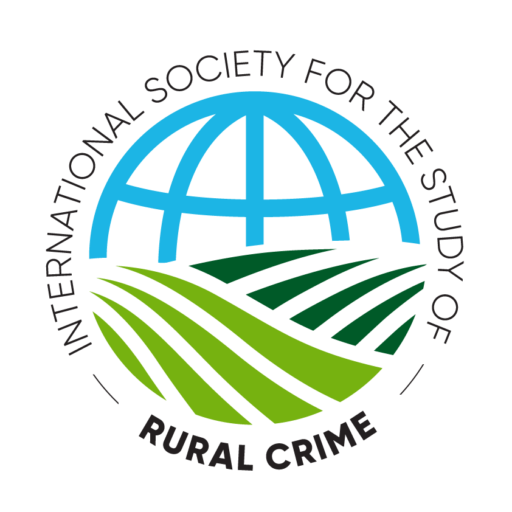When farmers become criminals – heroes or zeroes?

Post by Willie Clack (Department of Penology, University of South Africa)
Folklore about rural life creates the idea of idyll and has been romanced ever since the urbanisation trend started in the 1800s and 1900s. The fact of the matter is that many people abandoned the rural idyll as they feared for their lives and envisaged a sense of safety created by towns and cities.
The rogue elements of social life in rural areas should never be ignored or downplayed. Research has shown that the effect of farm crimes has a much wider influence than the immediate environment of the farming operation and therefore legislation is adopted in society to protect not only rural communities but farming operations in regions, countries and globally.
In 1941, Hannah made the following remark concerning the legal education of farmers and students of agriculture: “They have a concept of law which lies somewhere between complete ignorance on the one hand and complete understanding on the other hand”. Hannah goes further to demonstrate that agricultural producers will only acknowledge legislation when it works in their favour but will deny the existence of the law if it places a burden on them.
In January 2019, South Africa had an outbreak of foot-and-mouth disease in Limpopo, which affected a small part of the farming communities directly; however all livestock farmers suffered indirectly as a result of the ban on exports. An action plan was put in place but irrespective of the preventative measures taken, a further outbreak of the disease occurred in November 2019. The November outbreak was the direct consequence of livestock producers violating legislation punishable by imprisonment.
Needless to say, no criminal charges have been laid – due to non-compliance with legislation, the perpetrators are not identifiable.
Actions taken by government was to place restrictions on the movement of animals and a ban on the gathering of animals from more than one farm, and in effect, the hosting of auctions in four provinces.
Irrespective of the ban and pleas of organised agriculture, some auctioneers decided they will not abide by the restrictions of government and hosted auctions. This is not only a violation of legislation but an act that can result in the whole livestock industry of South Africa being destroyed. These acts by farmers to support and to host auctions are forbidden by legislation regardless of possible criminal and civil liability.
Today you may be the hero who rebel against government and their attempts to control a disease, but tomorrow, you will be zero if a whole industry is destroyed by your rebellious actions.

